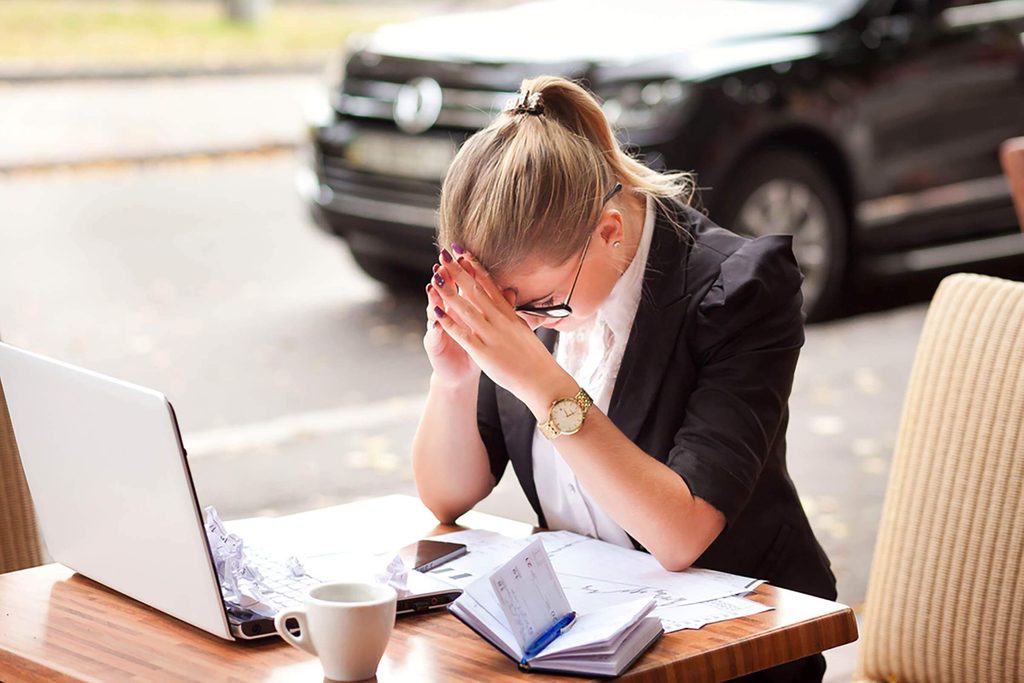Caffeine Stops Working After This Many Nights of Bad Sleep
Updated: Mar. 04, 2021
Surprisingly, a fresh pot can't solve all of your problems.

It can be a truly vicious cycle. One day you have a cold brew just a hair after 4 p.m., which causes you to fall asleep way too late that night, which causes you to need even more cold brew the next day. Lather, rinse, repeat, and you are seemingly single-handedly keeping your local coffee shop in business.
Replacing sleep with caffeine isn’t healthy, but in a pinch, it can be effective. However, there is a limit to the prowess of a fresh pot. A new study from the Walter Reed Army Institute of Research took a look at caffeine’s efficacy over a time of “restricted” sleeping. After three nights of bad sleep, caffeine’s returns diminish significantly. (Here’s how you can tell if you have built up a caffeine tolerance.)
The research involved 48 participants split into two groups. All participants were allowed only five hours of sleep (two to three less than recommended) over the length of the study (fortunately, it was a brief five nights). One group was given 400 mg during the day, broken up into two 200 mg doses (an average 14 oz. cup of Dunkin’ Donuts hot coffee is 210 mg.) The control group was given a placebo. (By the way, this is how much caffeine is in your favorite cup of coffee.)
Both groups were then subjected to cognitive tests to measure their alertness. On the first and second day, the caffeinated group performed notably better on the tests, but by day three that jittery boost was all gone.
[Source: Women’s Health]